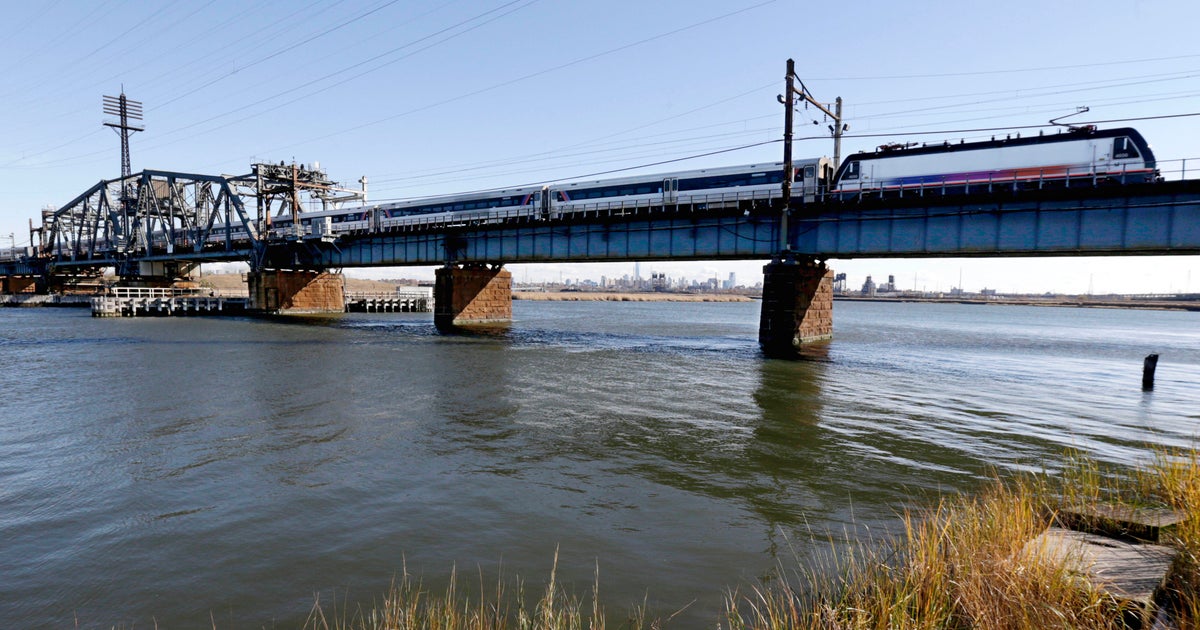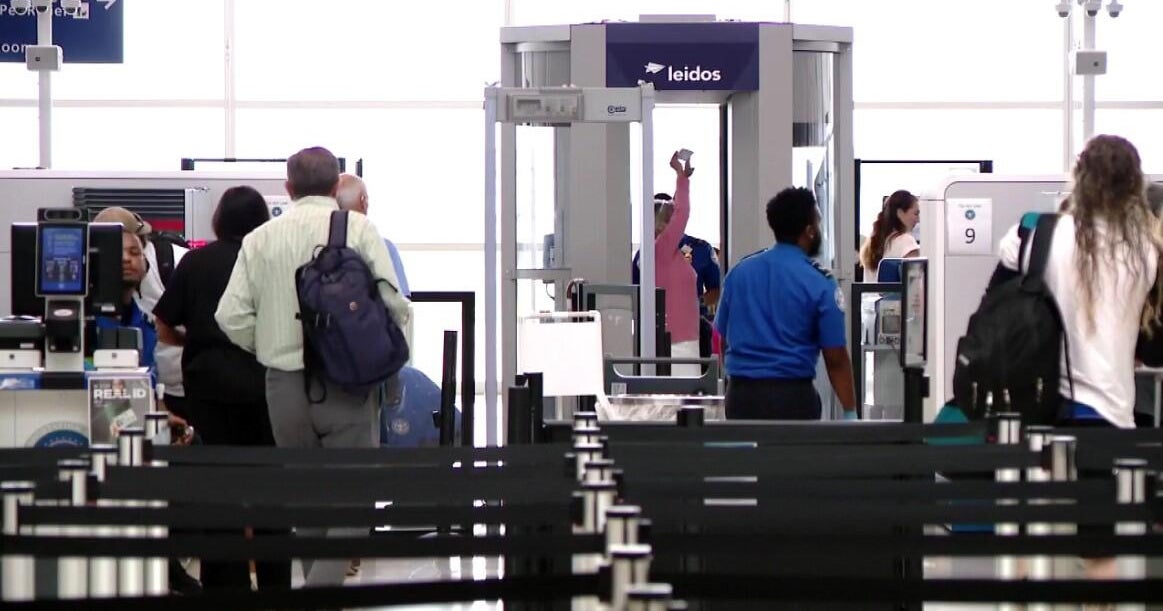Canada-Detroit Bridge Agreement Summary
The following was provided Gov. Rick Snyder, summarizing an agreement with Canada that lays the groundwork for the New International Trade Crossing:
The agreement allows for the creation of an International Authority to oversee the letting of bids to privately design, develop, finance, construct and operate the NITC. The Authority will be comprised of three members appointed by Canada and three members appointed by Michigan.
Also under the agreement:
• Michigan is not obligated to pay any of the NITC's costs and no state appropriation is required.
• Canada's expenditure of $550 million will be eligible as U.S. federal matching funds for use on
highway projects across Michigan.
• Actual design, construction, operation and maintenance of the NITC will be done by a private
entity through a 40-50 year public-private partnership agreement between the Crossing
Authority and the private entity as concessionaire.
• The Canadian government will make annual "availability payments" to the concessionaire to
fund the design and construction of the NITC as well as for the ongoing operation and
maintenance expenses during the terms of the public-private partnership agreement.
• No tolls will be charged in Michigan for use of the bridge. Canada will charge tolls, which will
be used to reimburse the Canadian government for the funds it advances related to the NITC
and for its annual availability payments to the concessionaire.
• The Canadian government will pay all costs of the required land acquisition in Canada and
Michigan. It also will pay to construct an interchange to connect the NITC to I-75.
• The public-private partnership agreement and the request for proposals must contain provisions
for community benefit plans and for the involvement of the impacted communities in
Michigan and Canada.
Snyder proposed the NITC in his January 2011 State of the State address. The project earned the support of a broad international coalition including the agriculture industry, auto companies and suppliers, labor unions, manufacturers, municipal and transportation leaders, chambers of commerce, all of Michigan's living former governors, the mining industry and utility companies.
The Detroit-Windsor trade corridor is critical to both sides of the border. The existing bridge is the busiest trade crossing on the U.S. - Canada border. About 237,000 Michigan jobs depend on Michigan-Canada trade.
Other benefits of the NITC include:
• The creation of 10,000 jobs related to the NITC project.
• A new direct connection between I-75 in Michigan and Highway 401 in Canada that eases
traffic congestion at the border and allows trucks to bypass residential communities. The
existing bridge at the Detroit-Windsor crossing is the No. 1 traffic bottleneck in the entire Pan-
American Freeway system.
• Reducing costs to job providers, particularly the auto industry. Estimates show that border
regulations and delays now add significant costs to vehicle production.
• Minimizing the likelihood of an economic disaster for Michigan or Windsor should one of the
other border crossings sustain a lengthy shutdown.
• Additional capacity to meet the long-term demands of our growing economies.
• New investment being attracted to Michigan by this modern infrastructure.
Construction cost of the bridge itself is estimated at $950 million. The cost will be paid for by the private concessionaire and will be repaid by Canada through tolls.







